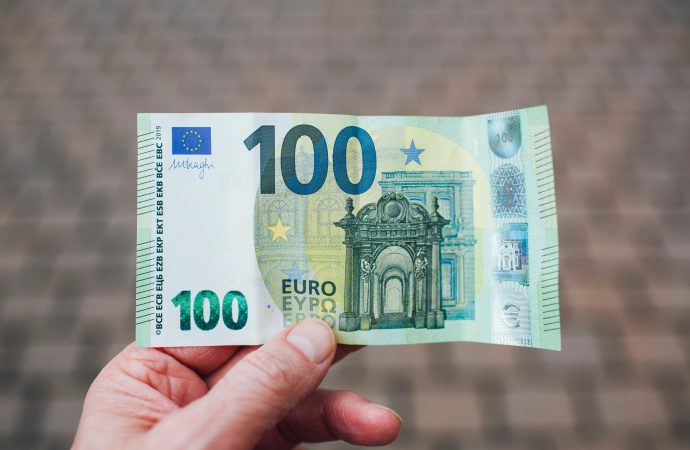As the global economy continues to reel from the impact of COVID-19, governments around the world are scrambling to implement rescue plans. One such plan was recently announced by the First Republic, a move that was expected to reassure investors and stabilize markets. However, experts argue that this $30 billion rescue falls short in addressing
As the global economy continues to reel from the impact of COVID-19, governments around the world are scrambling to implement rescue plans. One such plan was recently announced by the First Republic, a move that was expected to reassure investors and stabilize markets. However, experts argue that this $30 billion rescue falls short in addressing underlying issues and may not be enough to prevent future economic turbulence. In this blog post, we will take a closer look at why this rescue package is leaving many investors feeling uncertain and what needs to be done for long-term economic stability.
What is the First Republic?
The First Republic is a term used to describe the period of time between the establishment of the French Republic in 1792 and the overthrow of Napoleon Bonaparte in 1814. During this time, France was governed by a series of republican governments. The First Republic came to an end when Napoleon Bonaparte seized power in a coup d’etat and established the French Empire.
The First Republic was characterized by political instability and economic turmoil. The government was constantly being overthrown or replaced, and the economy suffered from high inflation and severe financial crises. Despite these problems, the First Republic was also a time of great cultural and intellectual achievement. Many of France’s most famous writers, artists, and thinkers flourished during this period.
The $30 Billion Rescue Plan
The First Republic’s $30 billion rescue plan was announced yesterday in an attempt to quell investor fears and stabilize the bank’s stock price. However, many analysts are skeptical of the plan’s effectiveness, as it falls short in several key areas.
First, the plan does not address the root cause of First Republic’s problems: its exposure to risky loans. Second, the plan relies heavily on new debt financing, which could put further strain on the bank’s balance sheet. Finally, the plan includes a significant equity dilution for existing shareholders.
With these shortcomings, it is unlikely that the First Republic’s $30 billion rescue plan will be able to fully reassure investors and stabilize the bank’s stock price in the long term.
Why the Rescue Plan Falls Short
The $2 trillion rescue plan falls short in reassuring investors for several reasons. First, the sheer size of the U.S. economy and its debt load make it difficult for any single stimulus package to have a significant impact. Second, much of the money in the rescue plan is targeted at industries that have already been struggling, such as airlines and hospitality. These industries are unlikely to see a quick rebound even with government assistance.
Third, some of the provisions in the rescue plan could actually hamper economic growth. For example, the large increase in unemployment benefits could discourage people from looking for work. And the suspension of foreclosures and evictions could create incentives for people to stop making mortgage payments or rent payments. Finally, there is uncertainty about how effective the stimulus measures will be in practice. Many of the programs rely on state and local governments to implement them, but it is unclear whether these governments have the capacity to do so effectively.
Conclusion
The First Republic’s $30 billion rescue plan shows that the government is willing to invest in its economy, but it has fallen short in reassuring investors. The level of uncertainty surrounding the future of the nation’s economy and financial markets remains high, as does the risk of a further economic downturn. It is essential for the government to provide more clarity on how it plans to support businesses and individuals who have been affected by this crisis, and for investors to understand what kind of rewards they can expect from their investments. Only then will confidence be restored in both businesses and investors alike.





















Leave a Comment
Your email address will not be published. Required fields are marked with *